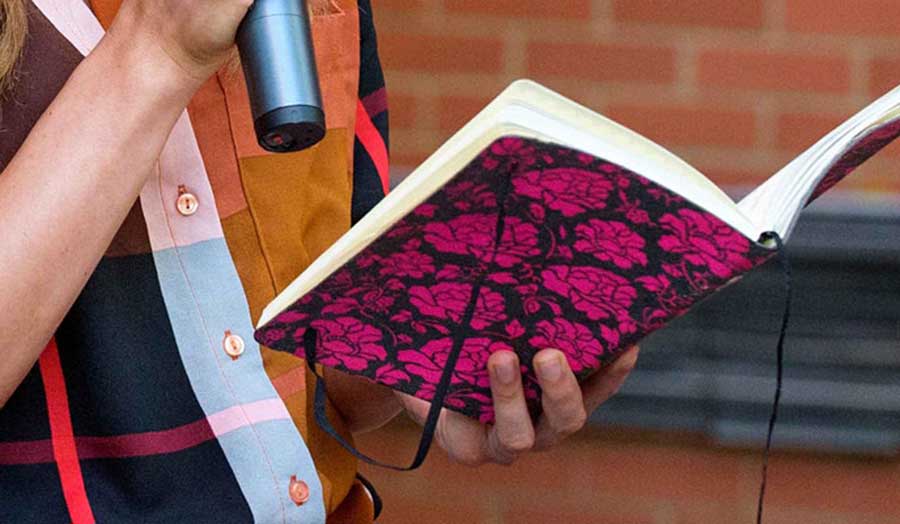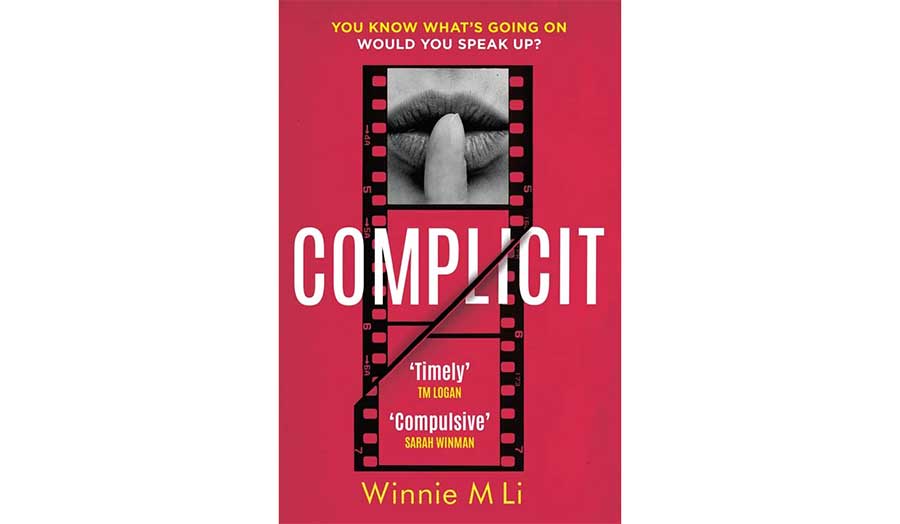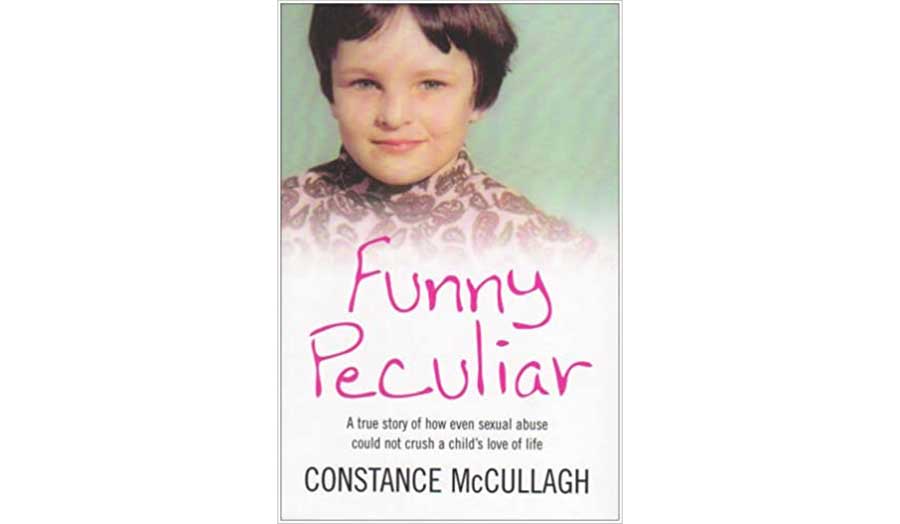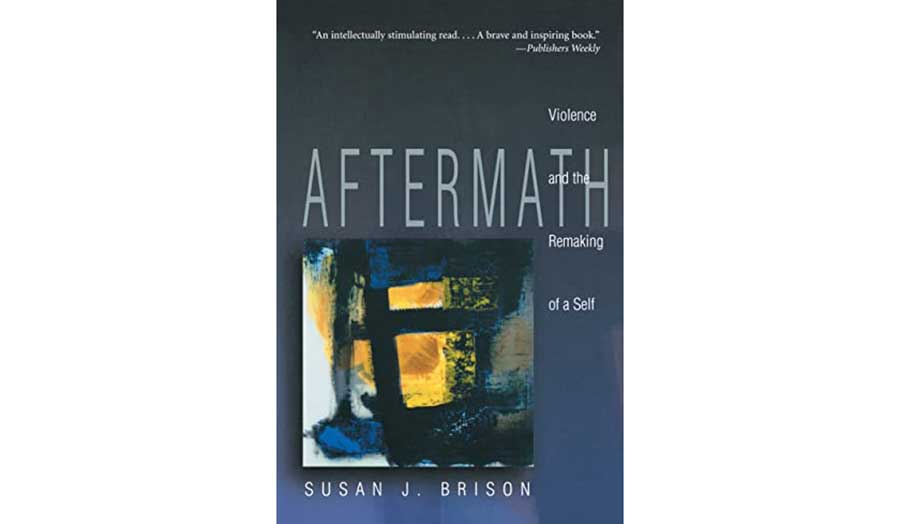On 24 May 2022, Centre for Life Writing and Oral History (CLiOH) hosted an online event titled 'Writing through sexual violence'. This event organised in cojunction with the Child and Woman Abuse Studies Unit (CWASU) brought together four writers reflecting on different forms and practices of writing through sexual violence, in memoir, novel, philosophy, poetry and prose.
Neha Doshi, a PhD student at CLiOH reports on the event:
When I was asked to write about this seminar, I felt a mixture of honour and apprehension - how could I do justice to the stories of Susan Brison, Winnie Li, Hilary McCollum and Rahila Gupta? How could I give full expression to the way in which sexual violence has been experienced, endured, suffered and survived by our panellists and those for whom they are writing?
After attending the seminar I realised that that was never my task. It was not for me to rewrite their stories, since our panellists are writers and survivors, having already produced literature more skilled than anything I could curate. The aim of the seminar was to understand how literature and the art of writing can be used in the process of healing. So (how) does writing encourage recovery? And why does sexual violence continue to be shrouded in secrecy and shame?
What I learned from the seminar was both exhilarating and deeply disturbing. On the one hand, to write was to regain a voice. Winnie Li describes how, despite the high profile nature of her case, the media made no attempt to speak to her, instead whipping up a storm of other voices and opinions regarding a crime committed against her For Li and Susan Brison, to write, even in academic or fictional form, was to own their narratives, to come to terms with a trauma that was inflicted upon them. Rahila Gupta, whose work empowers others to write, describes how writing ‘through’ sexual violence expresses both the way in which writing can be a form of resistance, to write in spite of sexual violence, and a means to rehabilitation, restoration and return.
But writing is not in itself recovery. Recovery is not a destination but a process - it takes place in stops and starts. For some, ‘recovery’ is recognising that shame will remain a haunting spectre in their lives. Hilary McCollum describes how critical success became an obsession, a way of pacifying the trauma of sexual abuse committed against her throughout her youth. When little attention was paid to her memoir she became confronted with the question, what was the point of her pain? If writing was supposed to be therapeutic, why does shame linger?
Hearing McCollum speak of the guilt she carries for a crime committed against her, guilt for being a child in the hands of an abusive father, was heartbreaking. And listening to her describe her experiences of publishing only strengthened my indignation. Her publishing company informed her that she would not be able to publish her book without her abuser’s permission. For them, the threat of libel overshadowed any literary merit.
Which made me wonder, how many voices have been silenced because corporate law is set up in favour of the accused at the expense of the victim? How many survivors of sexual abuse fear being labelled liars for speaking their trauma? It seems sexual violence can only be given legitimacy when sanctioned by the perpetrator: the survivor is guilty of falsity until proven innocent. If writing relieves some of the burden of trauma, publishing serves to renew it.
So a complex relationship exists between the law and sexual violence. For Brison and Li, treating the individual cases of abuse as criminal offences helped to establish the wrong that was committed against them, allowing them to separate themselves from the abusive act. But they also questioned what this means for the countless other women who have experienced and continue to experience sexual violence. Would it be possible for all survivors to have their trauma legitimised through law? Sexual violence remains pervasive and hidden because the criminal justice system considers violence against women an exception and not the rule. But all four women observed that this violence is gendered, used as a means to maintain authority and power. Surviving sexual abuse is surviving patriarchy.

Please contact the Research and Postgraduate Office if you have any questions about this or any of our other events.
To receive notifications of future events, please follow the Research and Postgraduate Office on Eventbrite.



